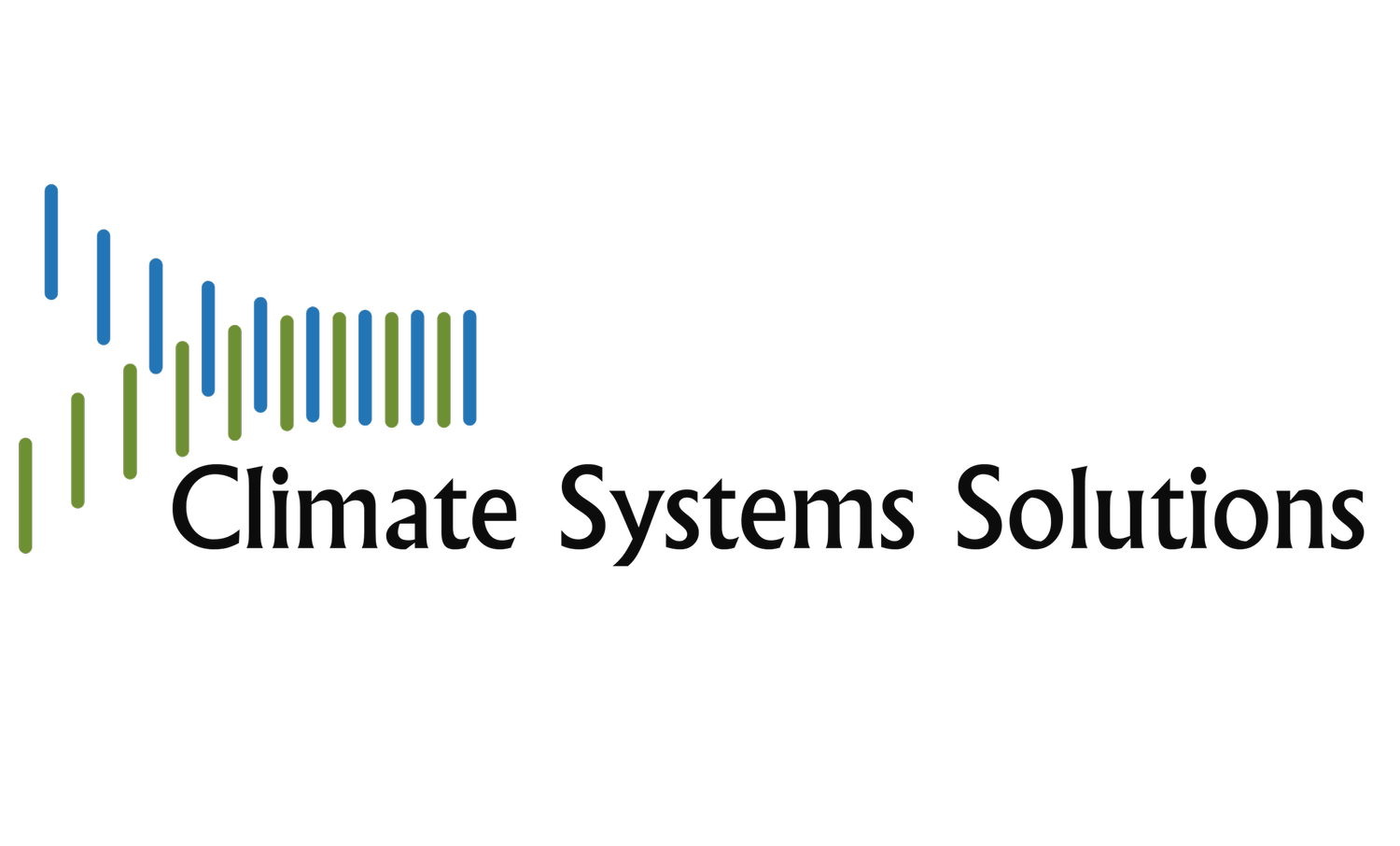About Climate Systems Solutions
Humanity faces a myriad of challenges including and beyond climate change. However, we firmly believe that focusing on soil health presents a singular solution that can tackle several of these issues simultaneously. Here’s why:
Carbon Sequestration: Soil organic matter (SOM) acts as a powerful carbon sink, capable of retaining three times the amount of carbon present in the atmosphere.
Reduced Chemical Dependency: Improving soil microbiome diversity can significantly reduce or eliminate the need for harmful herbicides, pesticides, and synthetic fertilizers,thereby mitigating health risks associated with these compounds.
Nutrient Density and Food Security: Healthy soils are directly linked to increased nutrient density in food, enhancing food security and supply for a growing population.
Water Management: Every 1% increase in soil carbon results in the retention of 20,000 gallons of water per acre, reducing runoff into streams and replenishing deplete aquifers.
Economic Opportunities: Investing in regenerative agriculture not only improves soil health but also creates job opportunities, potentially alleviating homelessness and reducing urban pressures.
Role in Photosynthesis Direct Air Capture (PDAC): Agriculture, through practices that promote soil organic matter, plays a vital role in carbon sequestration, aligning with many subject matter experts’ assertion that photosynthesis is a key avenue for PDAC.
Low Carbon Intensity (CI) Materials: Improved soil health facilitates the production of materials with low carbon intensity, suitable for fuels, chemicals, consumer products, and food, offering immediate solutions without lengthy capital intensive project development efforts.
In essence, soil health transcends individual problem areas, offering profound and impactful solutions that can be realized through increased investment in agriculture. Let’s prioritize this crucial aspect of sustainability for a healthier, more resilient future.

